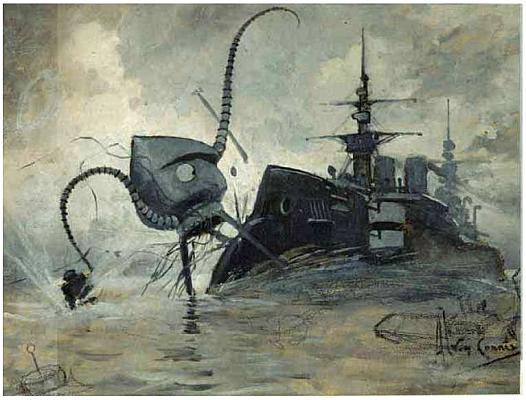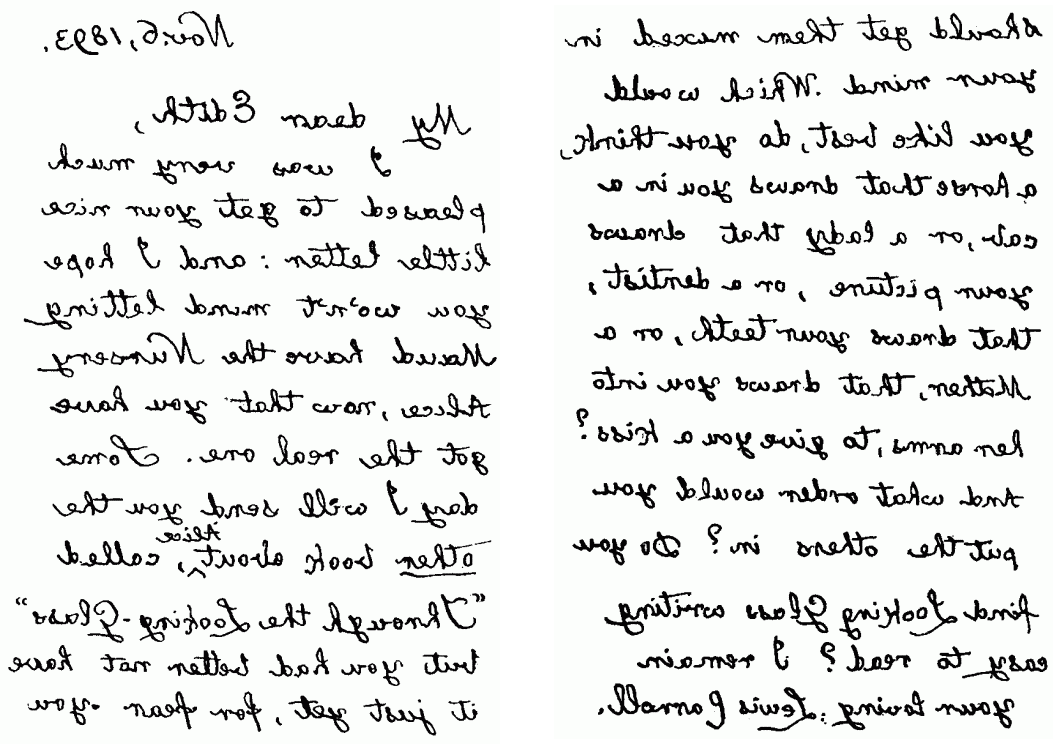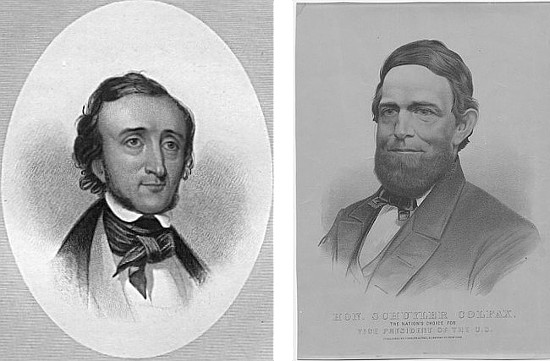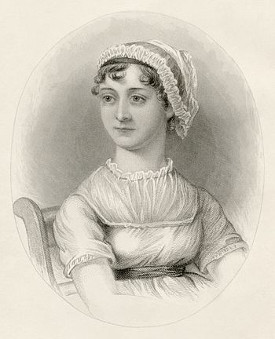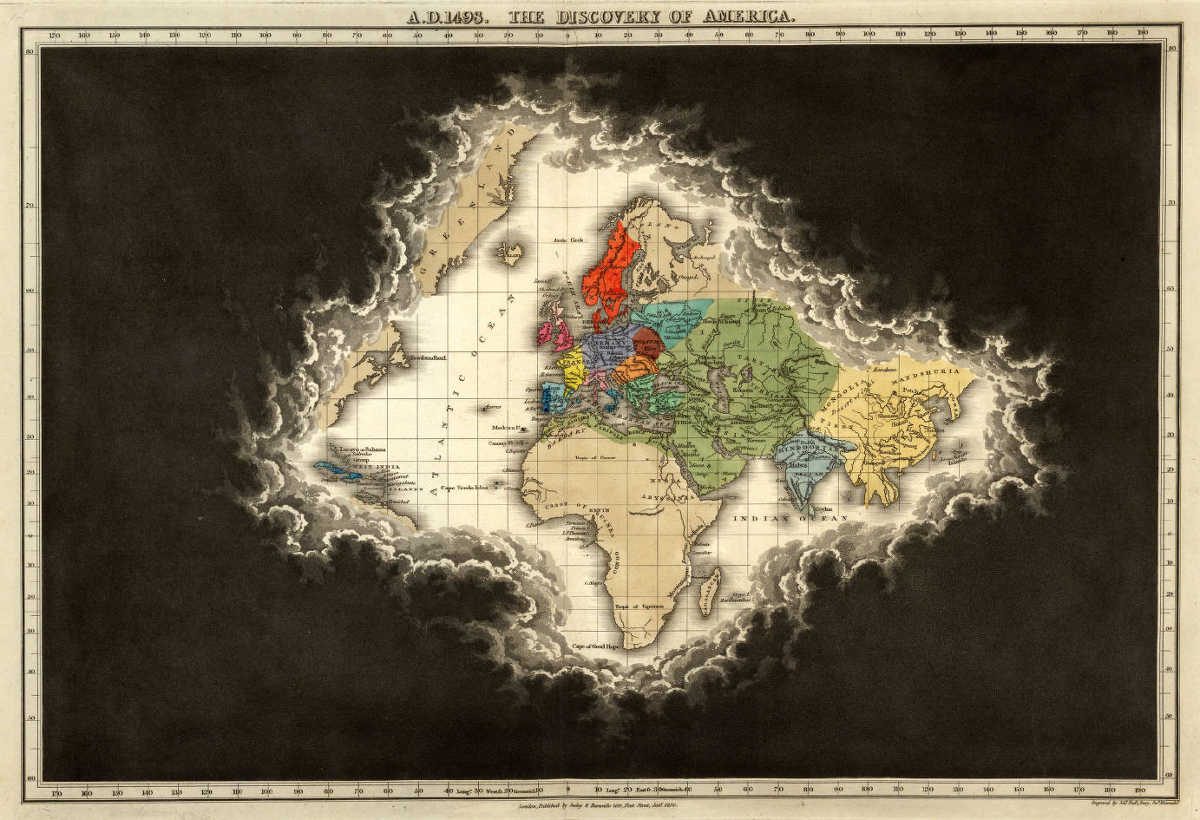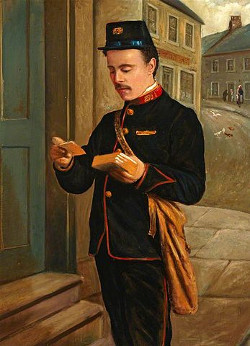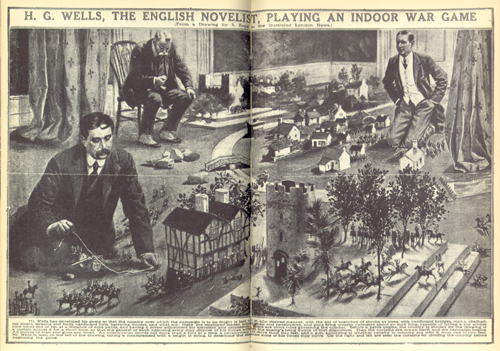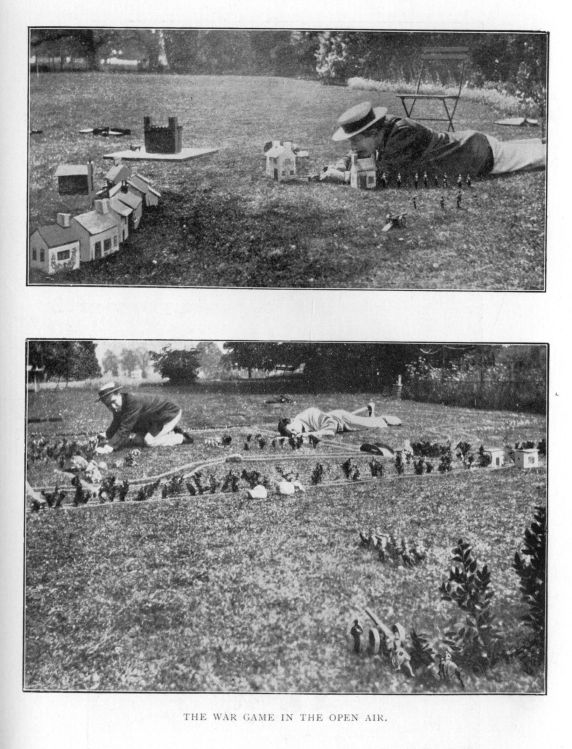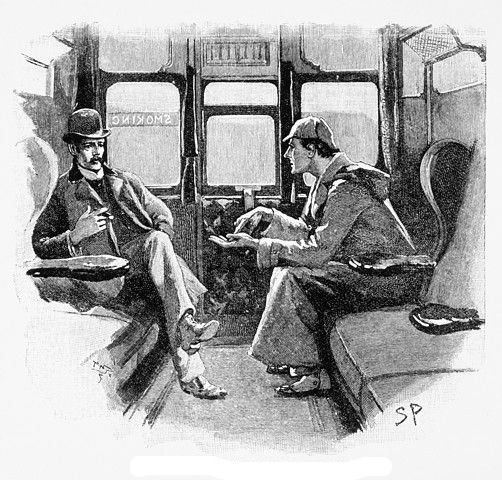Mr. Johnson was once upon a time about 53; in a twelvemonth afterwards he was 54, which so much delighted him that he was determined to celebrate his next Birth day by giving a Masquerade to his Children and Freinds. Accordingly on the Day he attained his 55th year tickets were dispatched to all his Neighbours to that purpose. His acquaintance indeed in that part of the World were not very numerous as they consisted only of Lady Williams, Mr and Mrs Jones, Charles Adams and the 3 Miss Simpsons, who composed the neighbourhood of Pammydiddle and formed the Masquerade.
Before I proceed to give an account of the Evening, it will be proper to describe to my reader, the persons and Characters of the party introduced to his acquaintance.
Mr and Mrs Jones were both rather tall and very passionate, but were in other respects, good tempered, wellbehaved People. Charles Adams was an amiable, accomplished and bewitching young Man; of so dazzling a Beauty that none but Eagles could look him in the Face.
Miss Simpson was pleasing in her person, in ther Manners and in her Disposition; an unbounded ambition was her only fault. Her second sister Sukey was Envious, Spitefull and Malicious. Her person was short, fat and disagreeable. Cecilia (the youngest) was perfectly handsome but too affected to be pleasing.
In Lady Williams every virtue met. She was a widow with a handsome Jointure and the remains of a very handsome face. Tho’ Benevolent and Candid, she was Generous and sincere; Tho’ Pious and Good, she was Religious and amiable, and Tho’ Elegant and Agreable, she was Polished and Entertaining.
The Johnsons were a family of Love, and though a little addicted to the Bottle and the Dice, had many good Qualities.
Such was the party assembled in the elegant Drawing Room of Johnson Court, amongst which the pleasing figure of a Sultana was the most remarkable of the female Masks. Of the Males a Mask representing the Sun, was the most universally admired. The Beams that darted from his Eyes were like those of that glorious Luminary tho’ infinitely Superior. So strong were they that no one dared venture within half a mile of them; he had therefore the best part of the Room to himself, its size not amounting to more than 3 quarters of a mile in length & half a one in breadth. The Gentleman at last finding the feirceness of his beams to be very inconvenient to the concourse by obliging them to croud together in one corner of the room, half shut his eyes by which means, the Company discovered him to be Charles Adams in his plain green Coat, without any mask at all.
When their astonishment was a little subsided their attention was attracted by 2 Domino’s who advanced in a horrible Passion; they were both very tall, but seemed in other respects to have many good qualities. ‘These said the witty Charles, these are Mr and Mrs Jones.’ and so indeed they were.
No one could imagine who was the Sultana! Till at length on her addressing a beautifull Flora who was reclining in a studied attitude on a couch, with ‘Oh Cecilia, I wish I was really what I pretend to be’, she was discovered by the never failing genius of Charles Adams, to be the elegant but ambitious Caroline Simpson, and the person to whom she addressed herself, he rightly imagined to be her lovely but affected sister Cecilia.
The Company now advanced to a Gaming Table where sat 3 Dominos (each with a bottle in their hand) deeply engaged, but a female in the character of Virtue fled with hasty footsteps from the shocking scene, whilst a little fat woman representing Envy, sate alternately on the foreheads of the 3 Gamesters. Charles Adams was still as bright as ever; he soon discovered the party at play to be the 3 Johnsons, Envy to be Sukey Simpson and Virtue to be Lady Williams.
The Masks were then all removed and the Company retired to another room, to partake of elegant and well managed Entertainment, after which the bottle being pretty briskly pushed about by the 3 Johnsons, the whole party not excepting even Virtue were carried home, Dead Drunk.
“Jane Austen was born before those bonds which (we are told) protected women from truth, were burst by the Brontës or elaborately untied by George Eliot,” wrote G.K. Chesterton. “Yet the fact remains that Jane Austen knew more about men than either of them. Jane Austen may have been protected from truth: but it was precious little of truth that was protected from her.”
